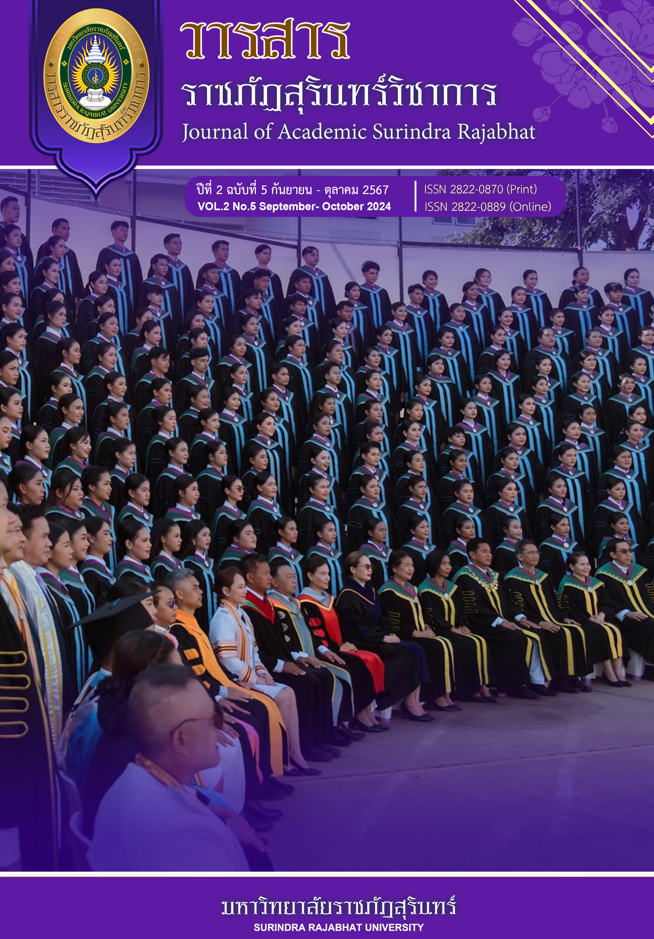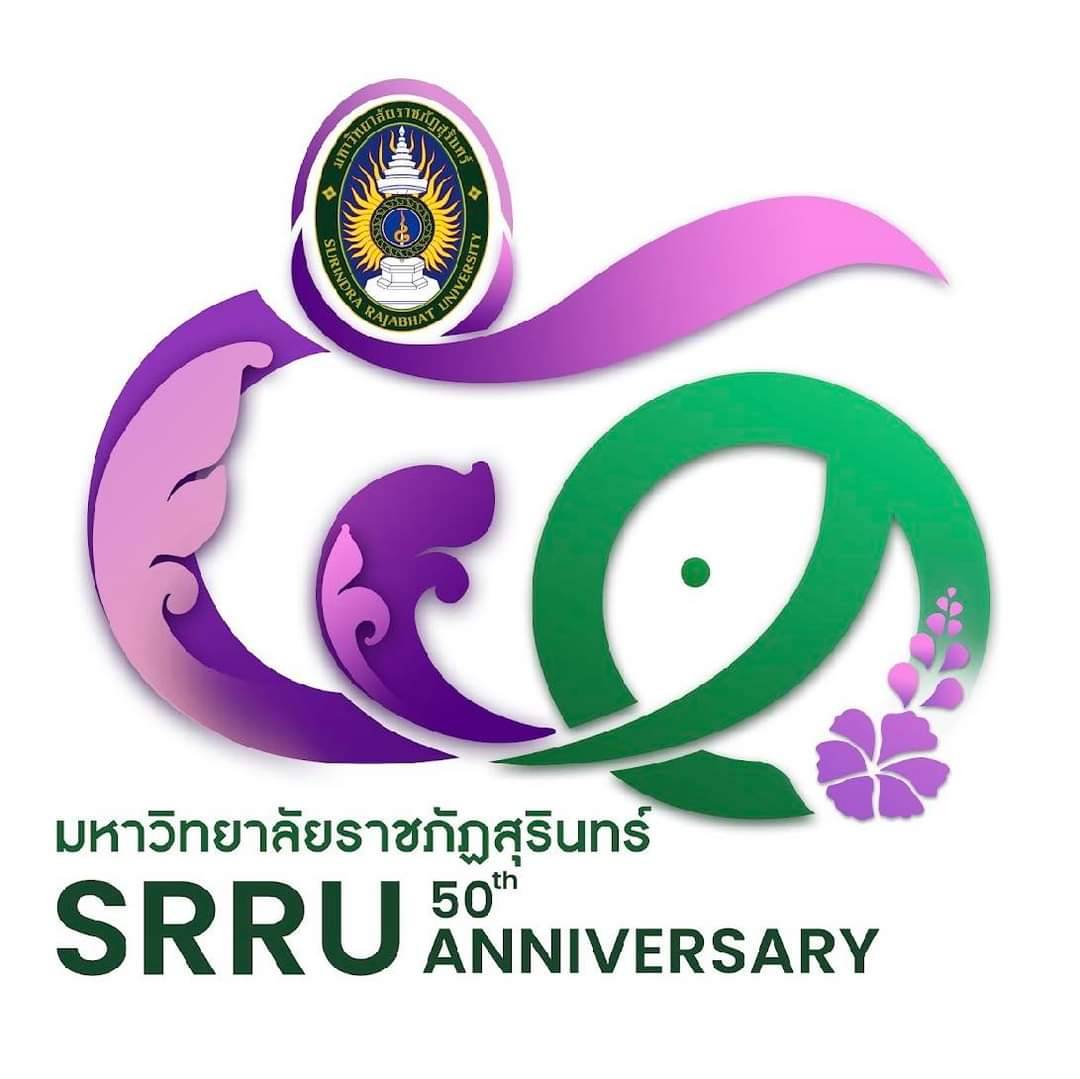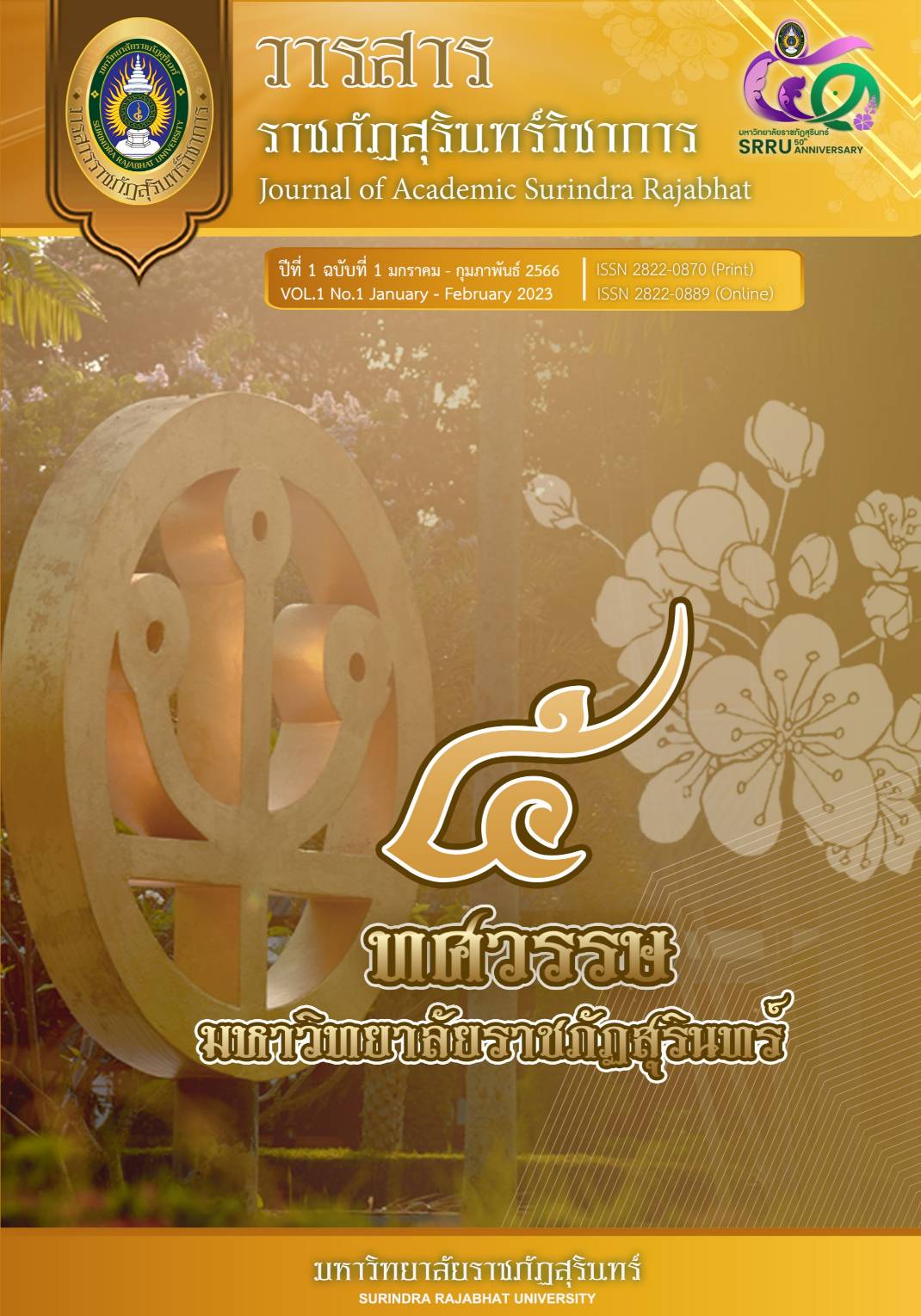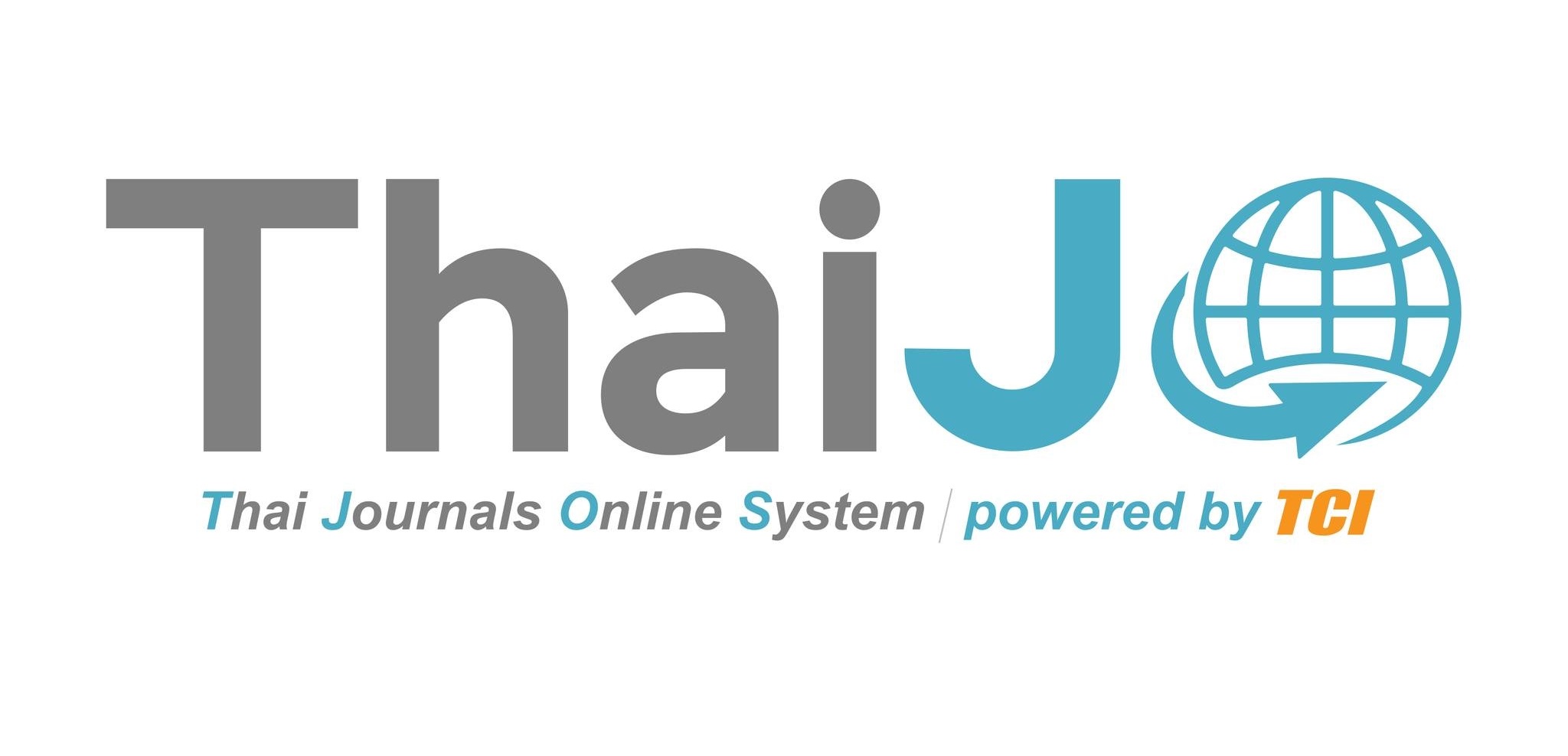Strategic Management for Developing a Mathematics Curriculum to Support Changes in the Artificial Intelligence Era
DOI:
https://doi.org/10.14456/jasrru.2024.31Keywords:
Artificial Intelligence Era, Curriculum Management, Mathematics Curriculum, Strategic ManagementAbstract
This research aimed to propose strategic management for developing the mathematics curriculum to accommodate the changes of the Artificial Intelligence Era. It was a participatory research project using the community as a base. The researcher 1) designed the research by employing a mixed-methods approach with sequential phases, 2) utilized techniques for participatory planning processes, and 3) facilitated consensus-building. The research participants included school administrators, teachers, students, parents, community leaders, basic education school committees, and curriculum management committees. The study found that it was necessary to assess the situation, define the vision, mission, goals, strategic issues, project work plans, and develop strategic maps. These strategic maps were designed following the new public management approach in all four aspects under the Balanced Scorecard (BSC) theory in four dimensions: 1) the performance perspective, 2) the service quality perspective, 3) the operational efficiency perspective, and 4) the organizational development perspective. These four dimensions demonstrated the linkage to success, goal achievement, and the fulfillment of the vision for managing the mathematics curriculum learning area to accommodate the changes of the Artificial Intelligence Era.
Downloads
References
กระทรวงศึกษาธิการ. (2562). แผนการศึกษาแห่งชาติ พ.ศ. 2560-2579. สำนักงานเลขาธิการสภาการศึกษา.
ไพฑูรย์ สินลารัตน์. (2564). การศึกษาไทย 4.0: ปรัชญาการศึกษาเชิงสร้างสรรค์และผลิตภาพ. พิมพ์ครั้งที่ 2. สำนักพิมพ์แห่งจุฬาลงกรณ์มหาวิทยาลัย.
วิจารณ์ พานิช. (2565). ทักษะแห่งอนาคตใหม่: การเรียนรู้ในศตวรรษที่ 21. สำนักพิมพ์โอเพ่นเวิลด์ส.
สถาบันส่งเสริมการสอนวิทยาศาสตร์และเทคโนโลยี. (2564). แนวทางการจัดการเรียนรู้วิทยาศาสตร์ คณิตศาสตร์ และเทคโนโลยี ที่บูรณาการกับสะเต็มศึกษา. สถาบันส่งเสริมการสอนวิทยาศาสตร์และเทคโนโลยี.
สุวิทย์ เมษินทรีย์. (2563). โลกเปลี่ยน คนปรับ: หลุดจากกับดักความคิดสู่การเปลี่ยนแปลงที่ยิ่งใหญ่. สำนักพิมพ์กรุงเทพธุรกิจ.
Kaplan, R. S., & Norton, D. P. (1996). The balanced scorecard: Translating strategy into action. Harvard Business School Press.
Likert, R. (1967). The human organization: Its management and value. McGraw-Hill.
Thompson, A. A., & Strickland, A. J. (2003). Strategic management: Concepts and cases (13th ed.). McGraw-Hill/Irwin.
Downloads
Published
How to Cite
Issue
Section
Categories
License
Copyright (c) 2024 Journal of Academic Surindra Rajabhat

This work is licensed under a Creative Commons Attribution-NonCommercial-NoDerivatives 4.0 International License.











